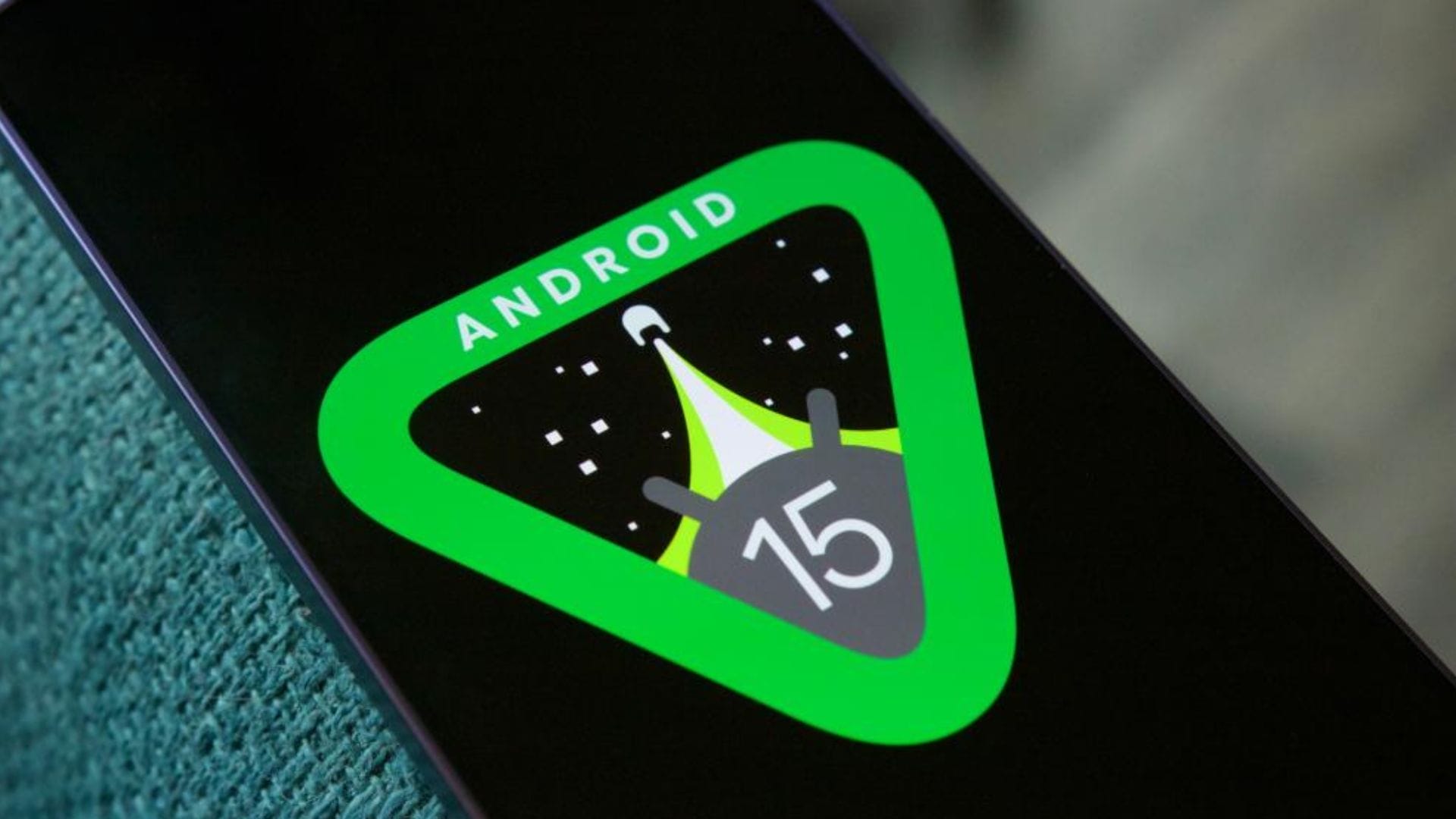Android 15 source code goes live: Phone brands to launch updates from October
Android 15 source code is live, and phone brands like Samsung and Xiaomi will begin rolling out updates from October 2024 onwards.

Although Android 15 has not yet launched on devices, it’s gearing up for a wider release soon. Google’s latest mobile operating system update won’t just be for its Pixel phones but will also be available for many other brands.
The Android Developers Blog recently announced that Android 15’s source code is now available on the Android Open Source Project (AOSP). This release allows phone manufacturers, such as Samsung, Xiaomi, and OPPO, to start developing Android 15 versions of their custom operating systems. These include Samsung’s One UI, Xiaomi’s HyperOS, and OPPO’s ColorOS, among others. By accessing the source code, these companies can adapt and optimise their software in preparation for a broader rollout.
Which phone brands will receive the update?
Google’s blog post mentioned that several phone manufacturers, referred to as Original Equipment Manufacturers (OEMs), will have access to the Android 15 source code. These brands include Samsung, Honor, iQOO, Lenovo, Motorola, Nothing, OnePlus, OPPO, Realme, Sharp, Sony, Tecno, Vivo, and Xiaomi. The Android 15 update for these devices is expected to arrive “in the coming months,” with a likely launch starting in October 2024.
For users of these brands, this means you can anticipate receiving the Android 15 update on your devices sometime later in the year. If you own a Google Pixel, you’ll likely be one of the first to try out the new features. Other brands may take some time to release their customised versions of the operating system, but they will be working on it starting now.
What new features can you expect?
Android 15 will bring several improvements to enhance the day-to-day experience of Android users. Some of the key updates include:
- App startup enhancements: Android 15 now provides more detailed information about an app’s startup process, including the current temperature of your device and how long the app takes to start. This could help users understand why certain apps take longer to load.
- Improved camera flash control: If your apps use a camera flash or torch function, Android 15 offers more precise control over the flash intensity, making it easier to capture well-lit photos.
- MIDI support expansion: Android 15 extends its support for MIDI (Musical Instrument Digital Interface) to include virtual MIDI devices, allowing users to interact with digital instruments as if they were using a physical USB MIDI 2.0 device.
- Enhanced multi-tasking for large screens: With more foldable devices on the market, Android 15 will offer even better multi-tasking support, particularly for unconventional devices such as book-style foldables. This makes it easier to use multiple apps at once on larger screens.
- Edge-to-edge app display by default: Android 15 will introduce default edge-to-edge app displays, creating a more immersive experience when using apps on your phone.
- Private Space feature: The new version of Android includes a built-in Private Space feature, allowing users to lock specific apps behind another layer of security. This is useful for keeping sensitive apps and data protected from unwanted access.
- Single-tap sign-in with Passkeys: Passkeys, a new way to sign in securely, will be integrated into Android 15, making it possible for users to log into apps and websites with a single tap. This reduces the need for remembering and entering passwords.
With the source code now available to developers, phone manufacturers are likely to spend the next few months fine-tuning their software, ensuring that Android 15 runs smoothly on their devices. If you’re waiting for the update, expect to see these features and more rolling out towards the end of 2024.














